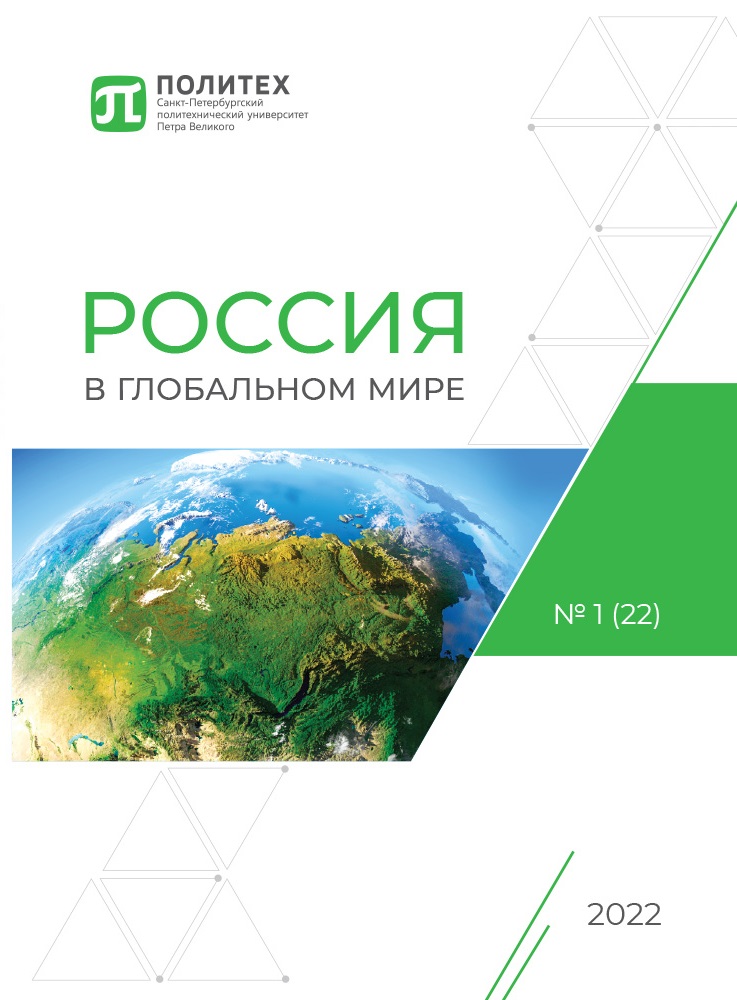Glukhov, V.V., Melenteva, N.I., Melentev, M.Yu. On the Effectiveness of Interstate Sanctions Measures in the Context of a Modern Globalized Economy (Using the Example of the US Actions Against Huawei During the Presidency of D. Trump)
The People's Republic of China's accession to the World Trade Organization in 2001 contributed to its rapid economic growth. Around this time, a rapidly gaining momentum has indicated a trend for China to gradually take the leading position in the world in terms of key economic indicators. In this article, based on the analysis of business and scientific periodicals presented by special publications, including electronic publications, generalized conclusions are made regarding the possible ways of development of interstate economic relations in the segment of high technologies (microelectronics, global wireless communication system technologies, robotics, etc.) between China and the United States under the conditions of mutual sanctions restrictions.
The research methods used were: generalization of factual and statistical data and observations (including those considered in the historical retrospective) based on the construction of infographics and comments to it using the methods of structural, mathematical-statistical and system analysis, economic-political analysis, including consideration of the problem of relations between countries both at the level of critically important spheres of economic life and at the level of inter-country relations.
As a scientific result, the article presents the conclusion that in the long term a significant strengthening of China's economic role on the world stage is possible, while weakening the United States, which will probably contribute to a decline in the overall level of political and economic cooperation in the world. The U.S. policy of sanctions pressure on China, especially on its high-tech companies such as Huawei, is aimed at pushing them out of the global IT market. These actions conflict with the national interests of both countries. The considered situation shows the ambiguity of sanctions policy in the context of global interconnectedness of world economies, even if the initiator of sanctions restrictions is such a powerful economy as the U.S. economy.


